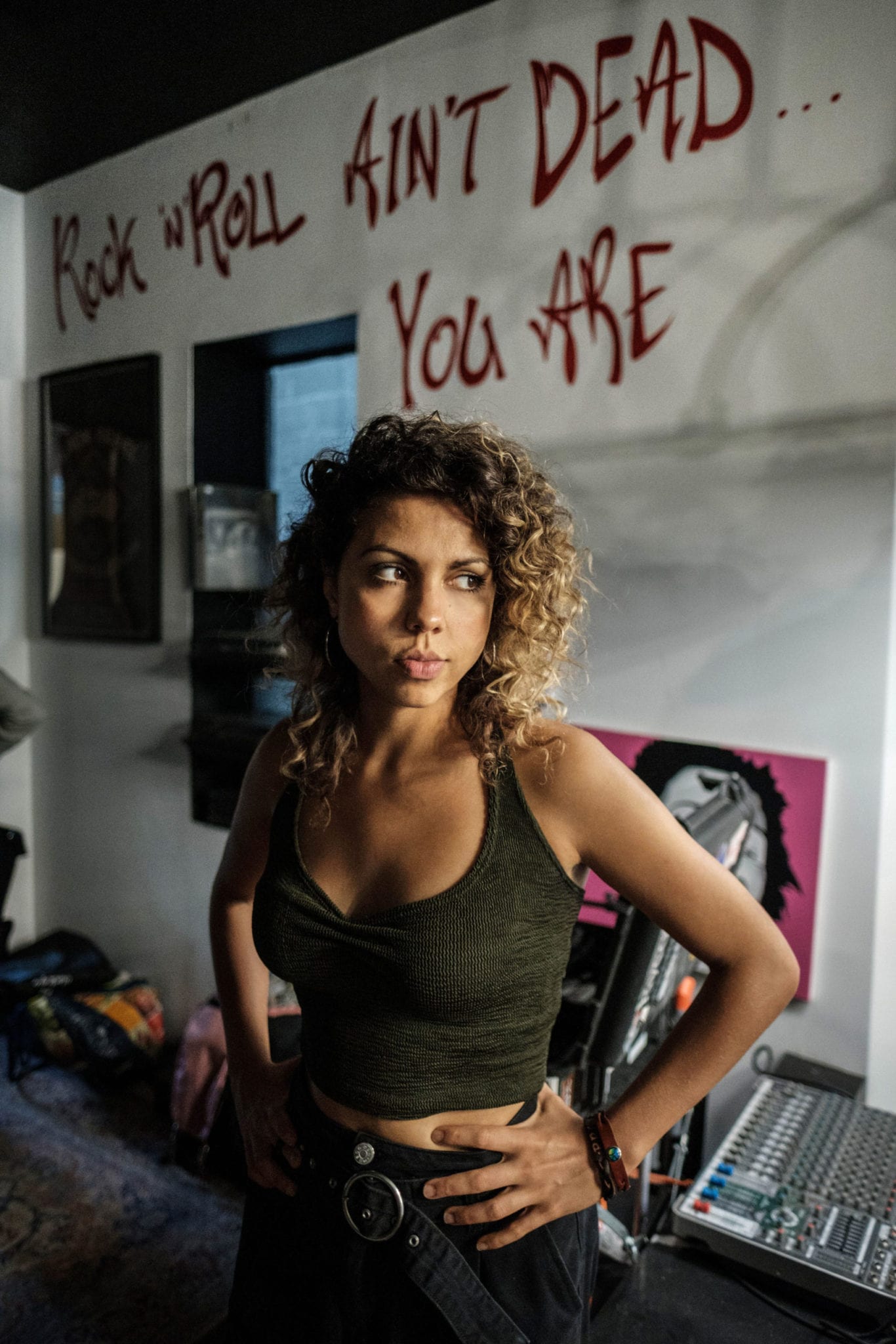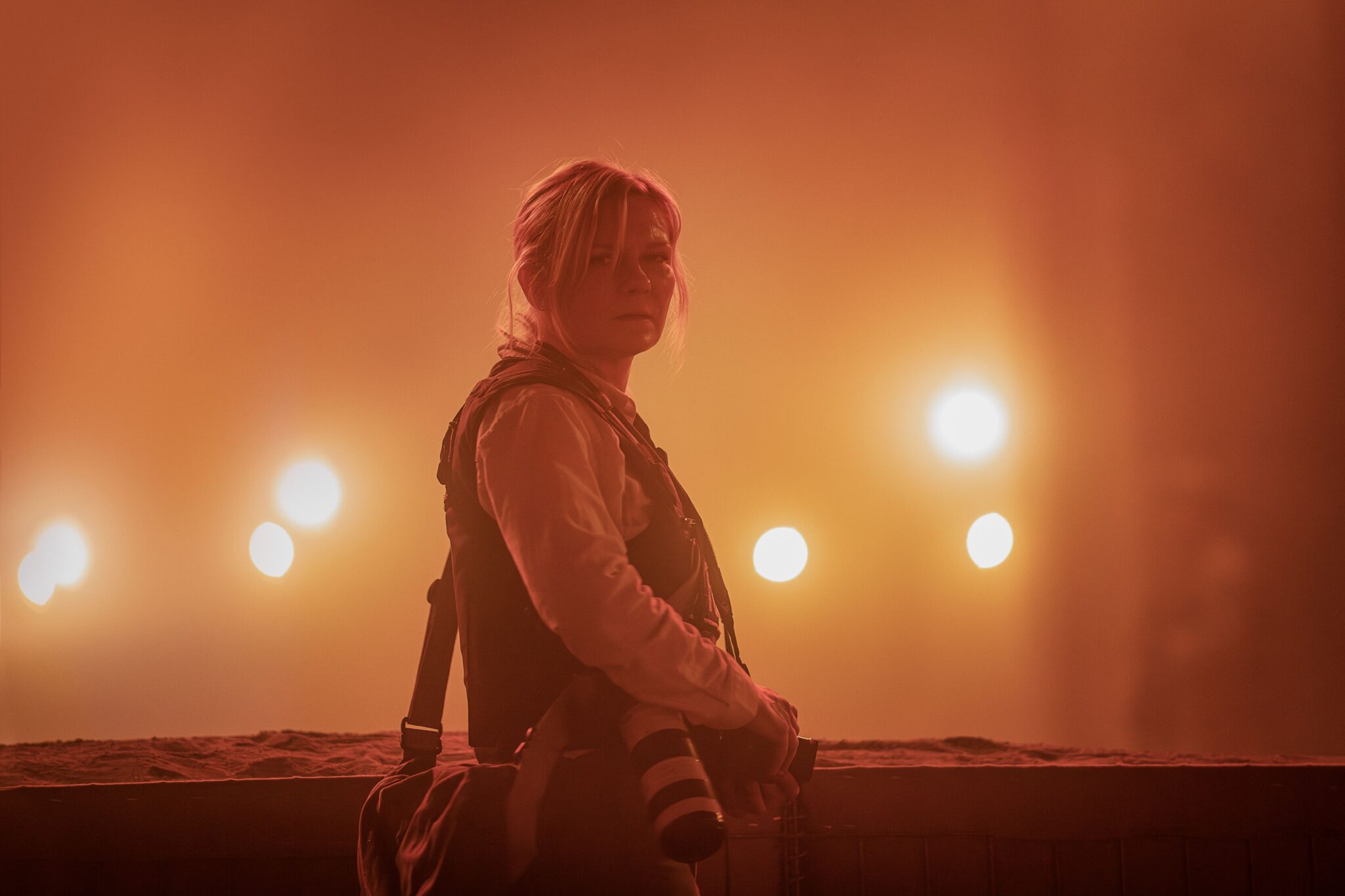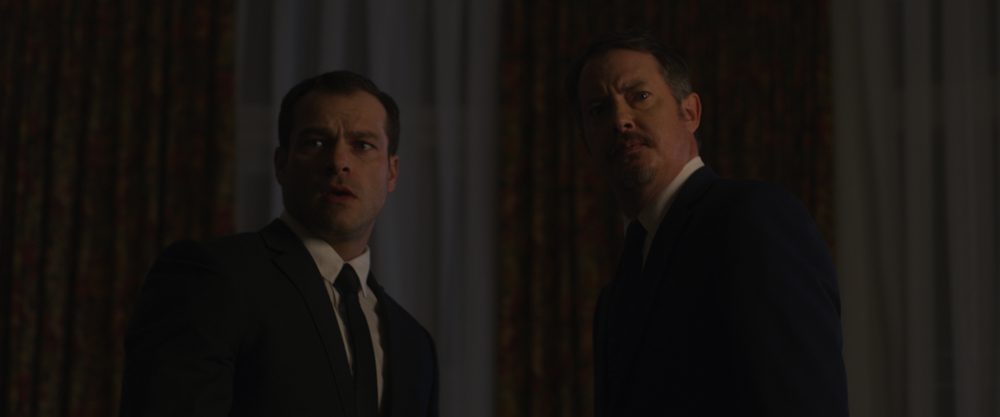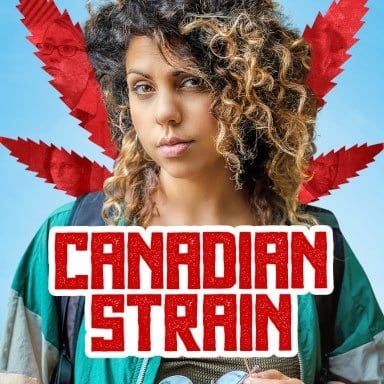
Written and directed by Geordie Sabbagh,?Canadian Strain?tells the story of young cannabis dealer, Anne Banting (Jess Salgueiro), who takes pride in her work and believes that the legalization of marijuana would only help her business. However, when her customers begin to abandon her for legal distributors, Anne finds that her decade as a dealer matters little in the new reality.?Now, with no money, no direction, and some worthless weed, Anne is forced to confront the system while trying to hold on to what she loves. Similar to the plight of the small business owner, Sabbagh states that the project began as a simple exploration into what happens to the small-time dealer when the government itself moves them aside.
?I came basically to the world of cannabis as an outsider, to be honest with you,? he begins. ?I’m not a user, nor did I have sort of any strong feelings for around legalization. But I certainly supported the idea. I’d lived in the Netherlands for a year, so I knew a little bit of how it all works but what really sort of triggered it was just a simple question. I wonder what happens to all the dealers now? It just nagged me a bit. It wouldn’t go away. So, I found this very diverse community of pure cannabis advocates that fought for years to make this all happen. They certainly deserved to reap the benefits but, quickly, big corporations moved in and the government took over dealing and so that group sort of got wiped out. I thought it was a very Shakespearian twist and had a lot of relevance to me. [Jess and I are both] from small business families. So, I certainly remember growing up that feeling that my parents hit because they didn’t have enough money or power to kind of move in the bigger system in the bigger world. I definitely saw a lot of similarities to that.?
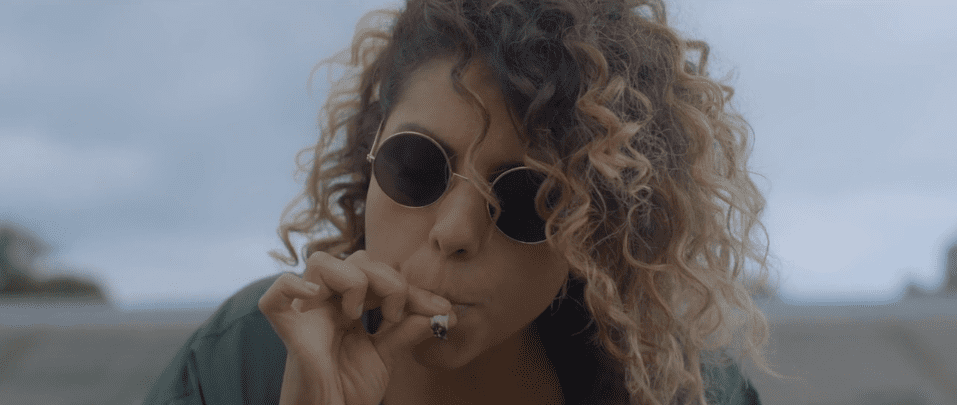
With this in mind, Sabbagh felt that the absurdity of the government?s involvement with drug distribution was rife with the opportunity for comedy.
?Once the government started a committee on how to deal weed, the jokes just wrote themselves after that,? he laughs. ?I didn’t have to really dig for the comedy of the situation. It’s so Canadian. When I was in LA trying to explain the concept of the Beer Store, the LCBO or what exactly the government is doing to deal weed, people just thought I was out to lunch. They didn’t understand what was going on or the system. So, I just thought this is something I can write about and it’s something that the rest of the world will have a good laugh at.?
For star Jess Salgueiro, however, the initial appeal of the film also stemmed from the film?s unique portrayal of marijuana as a healing agent, as opposed to the more traditional comedic ?buzz?.
?On the topic of cannabis, it’s story that I had never heard it or seen it before where it wasn’t just a ?stoner film?,? she explains. ?It actually has to do with the connection between a dealer and their client and also that marijuana, to many people, operates outside of the classic drug ‘numb out’ formula. To many people, it’s seen as a sacred plant and actually has a lot of healing properties. There was something about that I found really interesting because I found that there was kind of a respect and a reverence in telling the story.?
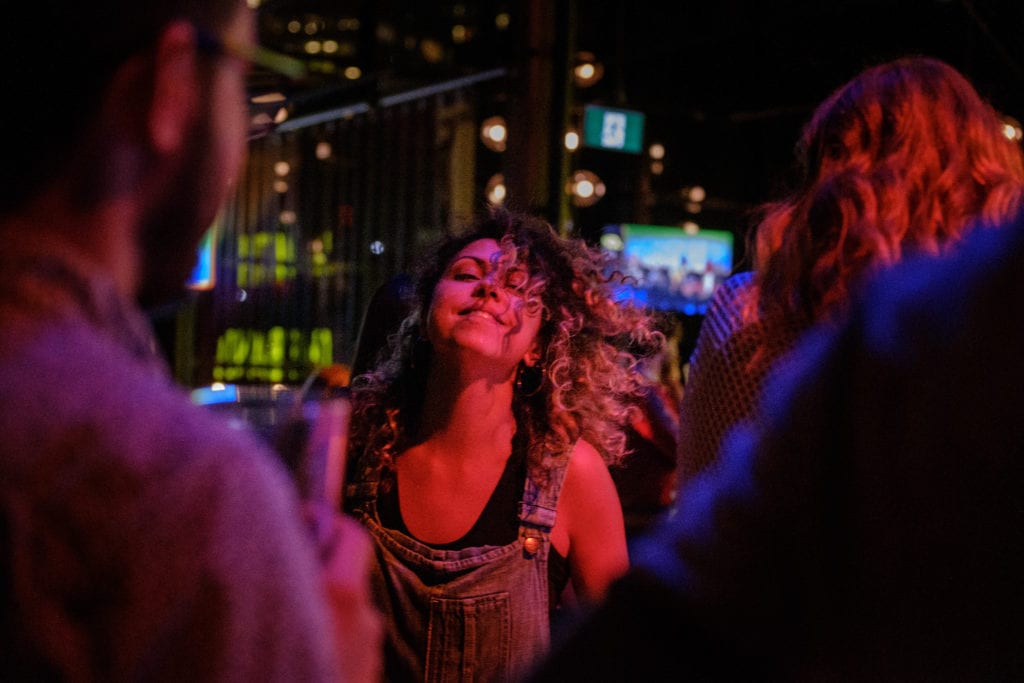
For the character of Anne, Sabbagh knew that he needed someone special for the role. Out of his experience working with Salgueiro, he was confident that she would bring out an empathy within Anne that viewers could connect with.
?Jess and I have worked together before, twice actually? She?s always been amazing and we go way back,? he beams. ?She gratefully volunteered to come out for a table read? and she kind of just made Anne her own. She delivered [a performance] where you were able to kind of see her and her clientele for what they were. You were still able to have empathy for her, respect her and see her as a small business owner. Jess brings all of that humanity to the table and I feel really makes Anne unique character and gives the audience a different perspective on cannabis that they would have never seen before.??
?Geordie and I had quite a few conversations just about how we wanted to tell this,? echoes Salgueiro. ?He had interviewed some female dealers… and would [tell me] what he’s learned from them. But again, what we’re talking about in terms of women occupying these spaces and how it’s different. Not to be too explicit, but I’ve spent a lot of time with people who have the same occupation as Anne, definitely on the other side of the client. [This role gave me the chance to] actually revisit and remember how there is something really special about the connection that can be formed when you trust somebody. They’re coming into your home often and you have this kind of routine and this trust and reliability. So, it was just kind of remembering what that was and then inventing what it would be to be on the other side.??
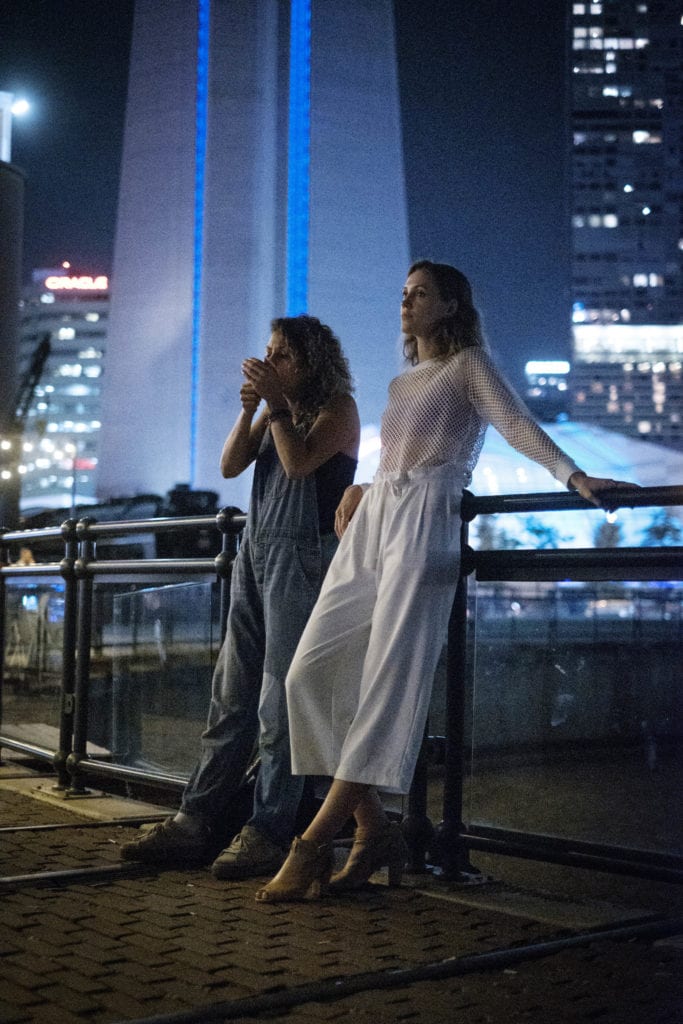
One of the great challenges for the film lies in its incredibly brief shoot of a mere 9 days. Despite how difficult many might find this truncated schedule, Salgueiro felt that the compressed time also allowed her to more easily remain in character.
?When it’s a quick turnaround and we’re doing something pretty quickly, there is an element of me just having to really trust my instincts,? she describes. ?If I don’t have months and months to prepare something, going through these different workshops with the director about exactly what we’re going to do, for me it becomes a lot about me getting out of my own way. [It’s about] trusting that it’s there [in the] reading and with the other actors [that] I’m working with. I loved this cast. I had worked with several of them before and I knew that everyone was going to bring it. We shot pretty quickly and, in that way, I really kind of just had to sit in it. In a way, there’s an advantage to shooting really intensely and quickly in that I don’t have a second to kind of leave that world.??
In addition, Salgueiro also felt drawn to the character of Anne as a female distributor in what is typically seen as a masculine culture.
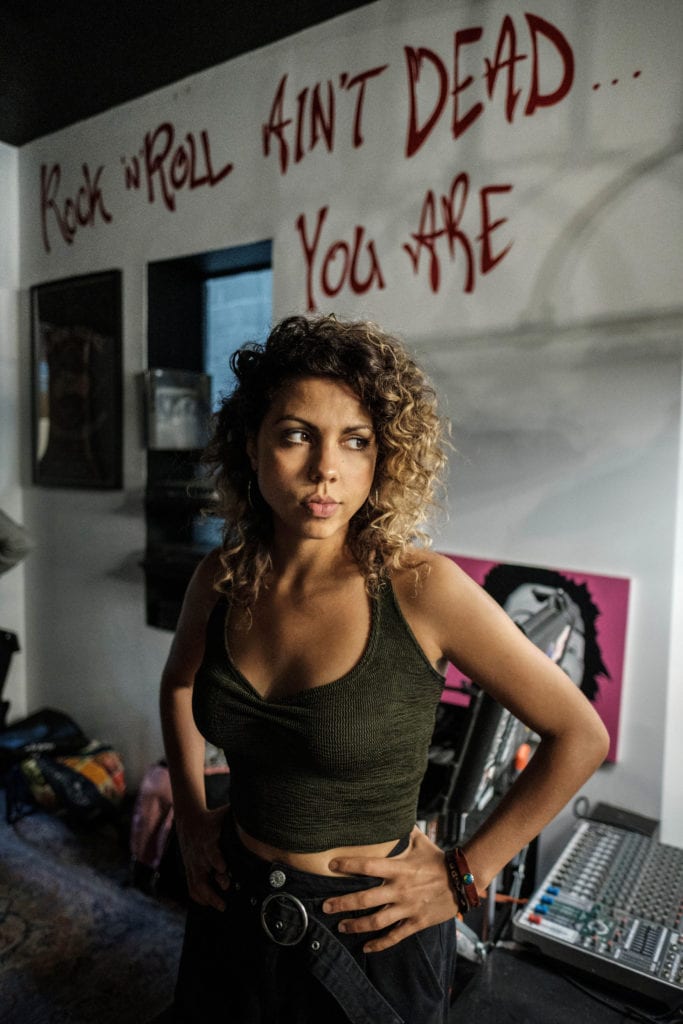
?The fact that there was a female dealer was so interesting to me because I’d never seen a woman in this role on screen,? says Salgueiro. ?We’ve classically seen men occupying these spaces. So, I just found that could be something really attractive and, as an actor and as an artist, those are the kind of stories I want to tell. I want to be in those spaces where you don’t normally see a woman. Something that kind of starts to shatter our whole idea of gender roles and where women belong in society where men belong.?
?Something that I hadn’t thought about, to be honest, was how it would be different for a woman than for a man in terms of going into people’s homes and definitely operating in the illegal world. There’s a lot of vulnerability that I just had never thought about personally. I hadn’t met a female dealer until this process. Also, I think there’s sometimes, not from me, but from other people, an assumption that if you deal drugs that you probably deal many different kinds of narcotics or you have connections to anything. That’s not necessarily true. There are people that just operate in the cannabis world.??
?I targeted those particular people too in the movie,? Sabbagh reiterates. ?I went to the purists who were only dealing in cannabis and were really fighting for legalization to come out of the shadows. I really wanted to talk about that particular group. Obviously, Jess is totally right. The dealers who dealt in everything just continued to deal in everything and picked up other pieces. The Cheech and Chongs of the world? Those movies had been made. So, we kind of all focused on ?the purist? and on adult use of cannabis rather than the typical sort of?Dazed and Confused,?Cheech and Chong,?Pineapple Express?[humour] that we’ve all known. I’m picking up on the more adult-oriented use of cannabis.?
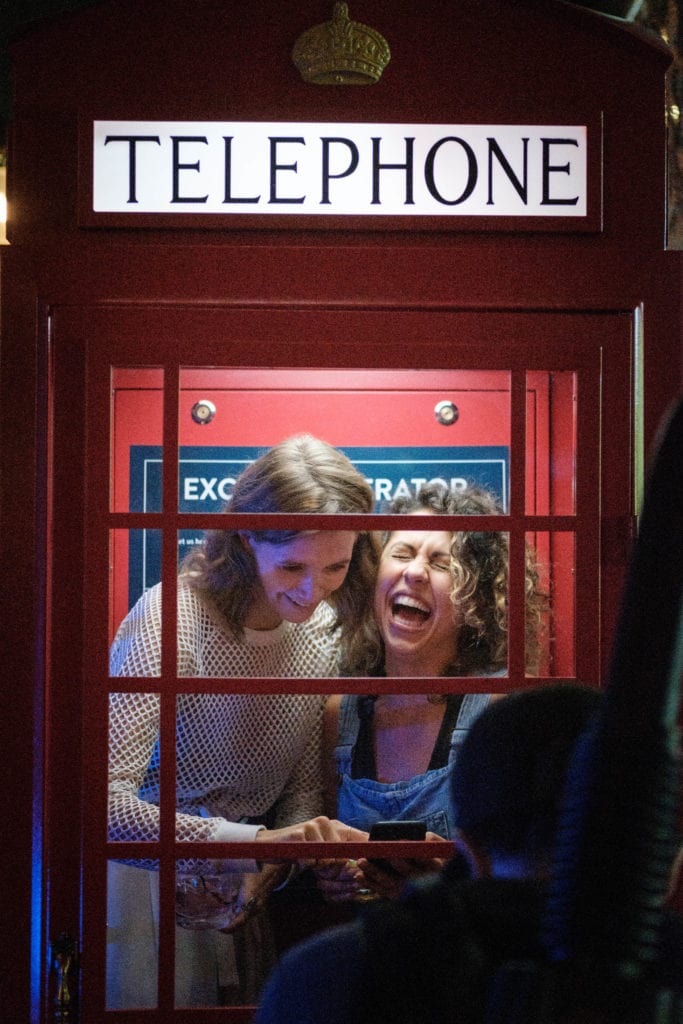
A word that is not often associated with drug dealers is that of integrity. Nevertheless, through her desire to care for her clients and commitment to her passion, Anne often exemplifies this rare quality. For Salgueiro, it was this uniquely positive view of Anne as a young woman that she found most appealing about the role.
?I think a lot of people believe that my generation?Millennials or whatever?don’t hold as much integrity as other generations. I think that’s what I really liked about this character. She has integrity. She does not want to sell out. She knows what feels right for her and she’s going to trust that. She’s going to lean into that and she’s going to go through the journey of staying true to that. I found that really interesting. There’s something really beautiful about that story and that archetype of a strong, warrior woman. There was just something about that. I think it really comes from the place that she doesn’t view dealing as just a quick way to get cash. It’s really about connection and feeling. I think that’s an important piece of the story.??
For full audio of our interview with Geordie Sabbagh and Jess Salgueiro, click here.
Canadian Strain?sells its story on video on demand in Canada now.

